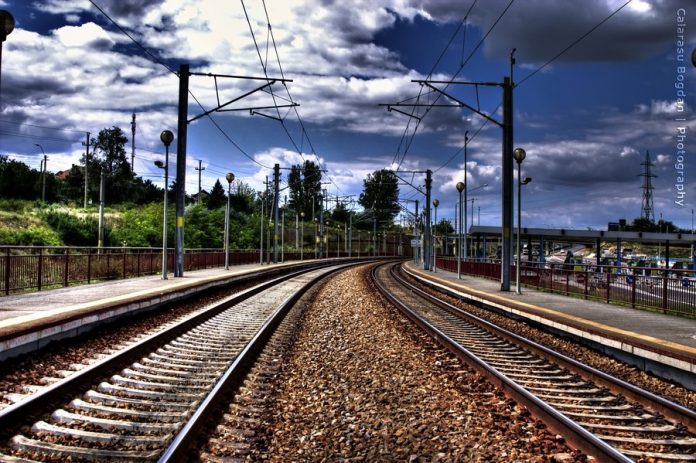In a significant diplomatic and economic development, Deputy Prime Minister and Foreign Minister Ishaq Dar of Pakistan and Afghanistan’s Acting Foreign Minister Amir Khan Muttaqi held a high-level phone call on Sunday to advance the Uzbekistan-Afghanistan-Pakistan (UAP) Railway Line project, a transformative infrastructure initiative aimed at reshaping the geopolitical landscape of Central and South Asia.
The proposed 573-kilometer rail link, connecting Tashkent, Kabul, and Peshawar, and extending to Gwadar and Karachi ports, is expected to cost $4.8 billion. It is set to be a vital trade route, linking Central Asia’s landlocked economies with international markets, potentially driving regional economic growth and enhancing connectivity.
According to a statement from Pakistan’s Foreign Office, both ministers emphasised the urgency of finalizing the framework agreement for the UAP Railway project, signaling their shared commitment to moving the project forward.
This dialogue followed Dar’s recent conversation with Uzbekistan’s Foreign Minister Saidov Bakhtiyor Odilovich, in which they coordinated the final details for the upcoming signing ceremony of the agreement.
In addition to the infrastructure discussions, the call also highlighted a diplomatic thaw between the two countries. Minister Muttaqi expressed Afghanistan’s appreciation for Pakistan’s decision to elevate its diplomatic mission in Kabul from chargé d’affaires to ambassador level, with Afghanistan pledging to reciprocate by upgrading its envoy in Islamabad.
This step marks a positive shift in the historically tense relationship between the two countries, which had been marked by years of mistrust.
“This is a very positive development,” said Muttaqi, framing the embassy upgrade as a milestone in the growing relationship between the two “brotherly countries.” This diplomatic shift follows similar actions by China and the UAE, which have both taken steps to engage with the Taliban-led Afghan government.
Both ministers also reviewed progress on various agreements from Dar’s visit to Kabul in April, reiterating their commitment to building mutual trust and cooperation in a region that has long been affected by geopolitical tensions.
As Pakistan, Afghanistan, and Uzbekistan continue their work on the UAP Railway project and diplomatic relations continue to improve, these efforts may signal a new phase of cooperation and stability in the region, long troubled by division and uncertainty.




